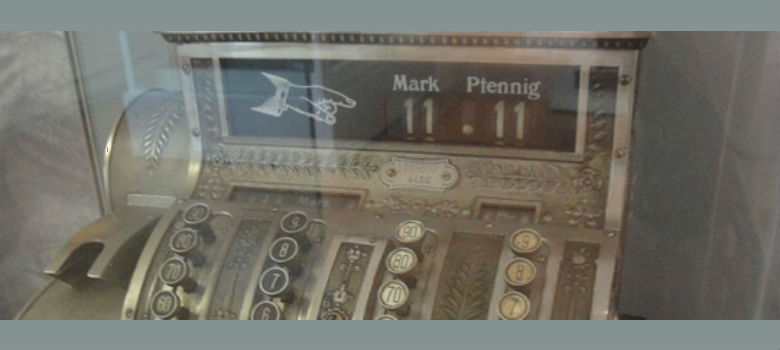The greatest risks to your business are those that go largely ignored by owners. Inflation is one of those forgotten risks. It hasn’t been on most businesses’ radars because inflation has been kept under control for the past five years, averaging only 1.6 percent annually across key consumer goods. However, history and economics dictate it can’t stay like that forever. Can you protect your money when inflation starts to rise?
The Fed’s Play On Inflation
The Federal Reserve attempts to guide interest rates to achieve a balance between low inflation and high employment. Right now, it’s focused on the employment side of the equation. To spark job growth, the Fed is actively working to ensure interest rates stay at near zero percent. The hope is that companies will see the opportunity to put cheap money to work. This has been the policy for more than five years and since the needed job growth hasn’t materialized, the consensus is that current policy will continue. Janet Yellen, the President’s nominee to replace current Federal Reserve Chairman Ben Bernanke, has indicated her plan to continue current policy. The danger is that keeping interest rates so low for so long increases the risk that buying fueled by cheap money will lead to inflationary price increases.
Inflation Clues: Local And Global
The Consumer Price Index is the main measure of inflation. It captures price changes in a typical basket of goods and services purchased by consumers in cities around the country. Most businesses, however, don’t buy their inventory from a convenience store. To see how inflation affects purchases by businesses, we need to take a look at the Producer Price Index (PPI), which measures the change in prices paid by suppliers of goods and services on their purchases. Energy, raw materials, inventory and other factors go into calculating the PPI. For the next several years, most forecasts show PPI increasing.
